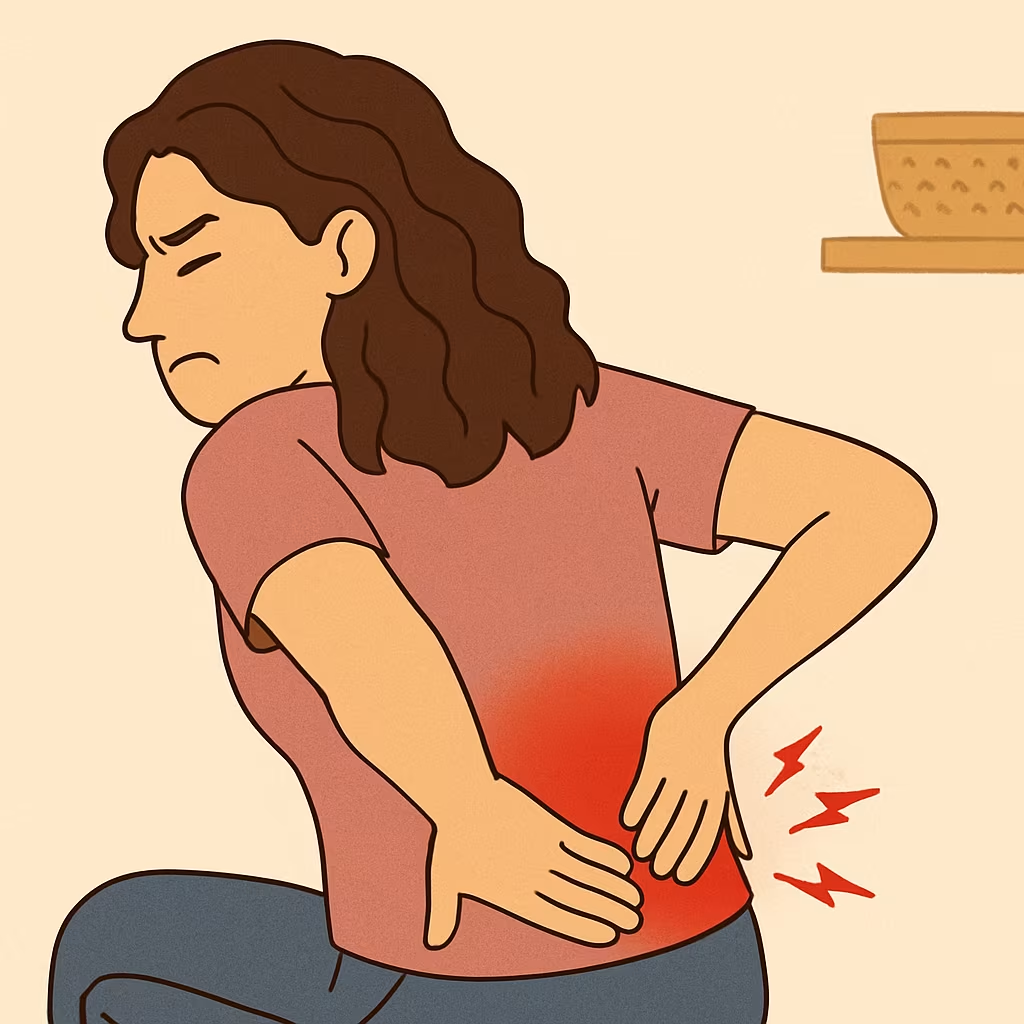Understanding Acute Pain: Causes, Duration, and When to Seek Support


have already shared their stories
What is acute pain?
Acute pain is a type of pain that begins suddenly—often as a direct response to an injury, surgery, or inflammation. It acts as a warning signal from your body that something needs attention. Unlike chronic pain, which persists beyond the healing period, acute pain typically resolves once the underlying cause improves.
How long does acute pain last?
Acute pain generally lasts from a few hours to a few weeks, and almost always less than three months.
If pain continues beyond this timeframe, it may be reclassified as chronic pain, which can require different evaluation and support approaches.
What causes acute pain?
Common causes include:
- Injuries such as cuts, burns, or fractures.
- Surgical procedures (postoperative pain).
- Dental procedures or infections.
- Acute illness such as ear infections, kidney stones, or appendicitis.
Even though acute pain is usually temporary, it can be intense. Understanding what triggers your pain can help you communicate effectively with your doctor.
How can acute pain be managed?
Management depends on the cause and severity.
For many people, rest, gentle movement, or over-the-counter medication (as advised by a doctor) can help relieve discomfort.
Other strategies may include:
- Applying heat or cold packs.
- Practicing relaxation techniques to reduce tension.
- Keeping a brief pain diary to reflect on triggers and patterns before medical visits.
💡 Tip: Recording when pain starts, what worsens or relieves it, and how it affects your daily activities through a platform such as mama health can help your doctor understand the situation better.
When should you seek medical advice?
You should contact a healthcare professional if:
- Pain is severe or persistent beyond a few days.
- You notice swelling, redness, fever, or numbness.
- Pain occurs after an injury and limits your movement or function.
- You experience pain along with other concerning symptoms (like chest pain, difficulty breathing, or confusion).
Always consult a doctor for personalized advice—especially before taking new medications or if your pain interferes with sleep or daily life.
Can acute pain become chronic?
In some cases, if pain is not properly managed or if the underlying cause is ongoing, acute pain can evolve into chronic pain.
Early discussion with your healthcare provider helps identify causes and prevent long-term discomfort.
Summary: What helps most with acute pain
- Identify the cause and understand it’s usually temporary.
- Use self-care techniques (rest, mild movement, heat/cold).
- Communicate clearly with your healthcare provider using a pain diary.
- If pain persists, seek medical evaluation to prevent complications.

have already shared their stories



